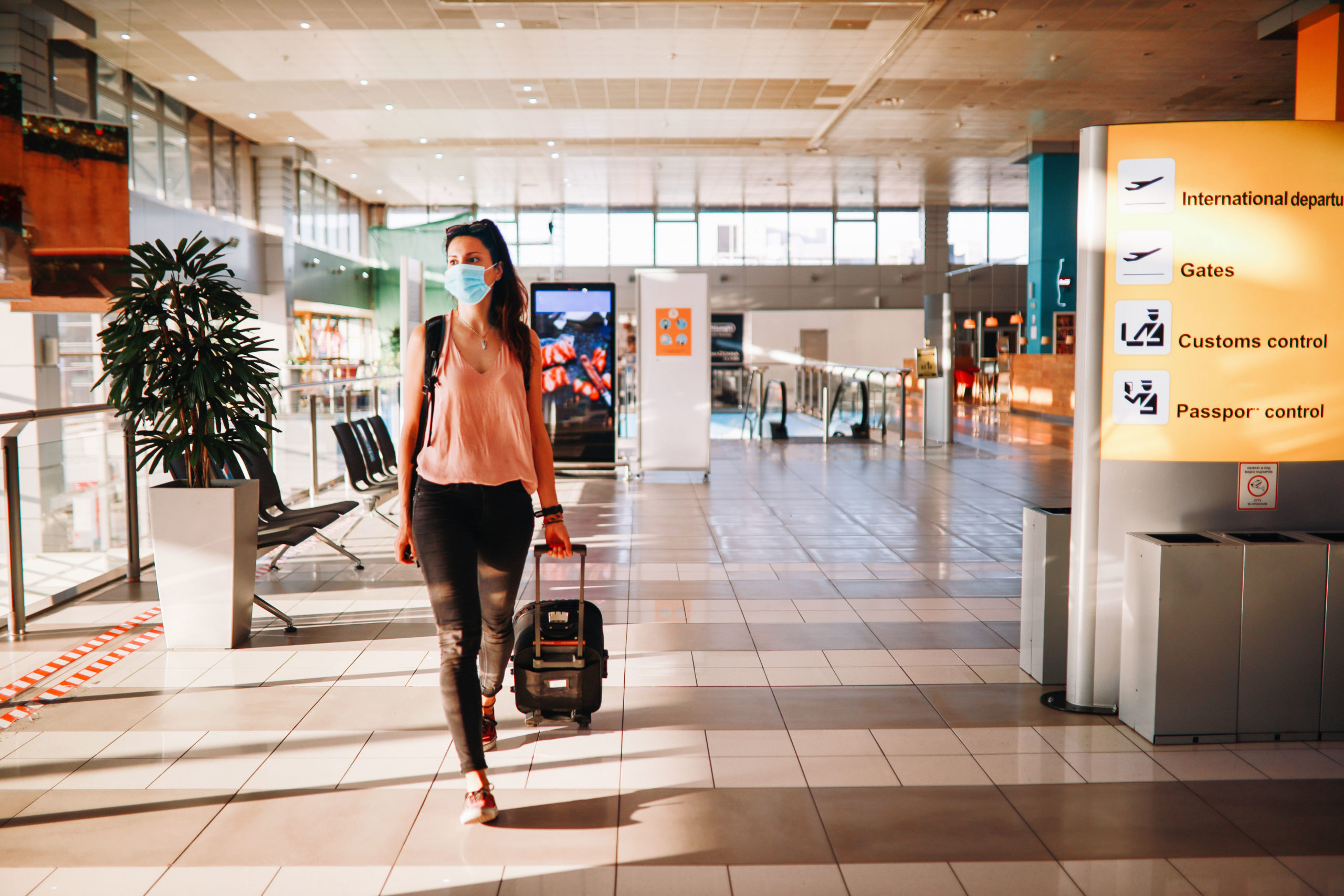As international travel reopens, don’t expect to flip a switch and find it all comes back as you left it. Even a short trip across the border to watch a ballgame or concert will require a few extra steps and a little more time to arrange.
Canada has gone through an exceedingly strict lockdown—one of the most stringent in the developed world. Believe it or not, there are groups who track such things, among them the highly respected Oxford (University) COVID-19 Government Response Tracker (OxCGRT), which governments around the world look to for guidance in dealing with civil or natural upheavals. OxCGRT looks at indices such as workplace closures, travel bans, stay-at-home restrictions, school closures, public events, and social gatherings and rates them for comparable severity and effects on normal life. It found that on a scale of zero to 100 (with 100 being the most severe), Canada’s lockdown was among the most stringent, scoring 73.61 at the beginning of June 2021, along with India at 87.96, Cuba at 78.24, and Venezuela at 87.96. At the other end of the scale, the US scored 52.31, France 54.63, Australia 44.91, and Israel 43.52—all of them finding it easier to lift restraints and get back to some normalcy.
Is “going green” the answer?
Many nations, particularly in Europe, see their path to normalcy in the adoption of “green certificates” for fully vaccinated people. Some are already up and running. Whether Canadian and US government authorities ultimately adopt variations of such programs remains a contentious issue given concerns about protecting personal health information and maintaining societal freedom and fairness: there are many people who cannot, or choose not to, be vaccinated for their own valid reasons. Culling them out from travel opportunities is a delicate issue. Interestingly, Israel, which led the world in vaccinating its population (over 80 per cent) by the beginning of June 2021 also had the most effective “digital green pass” program for its vaccinated population. But it virtually controlled entry to most businesses, shopping, attendance at concerts, movies, even synagogues.
Israel’s “green regime” was so successful that it was rescinded just three months after it began as it had become redundant, with the government dropping all pandemic restrictions within the country and returning to life as normal—still watchful at its boundaries, but in a state of confident control.
Travel insurers urge more than “green” programs
Can we expect much larger, more diverse nations to reflect similar successes? Many in the travel industry believe so. And in a recent survey of global travel insurers I conducted for the International Travel Insurance Journal, I found strong support for temporary green pass programs. But more than that, insurers expressed a need to reshape travel coverage to conform to individual consumer requirements; to be creative in providing more extensive coverage for cancellations and interruptions due to quarantine requirements of individual nations; to free consumers from confusing, complex wording in polices; to clarify, simplify, and ease the burden on the purchaser; to offer more precisely crafted coverage for individual needs and health circumstances; to help consumers more accurately assess safety risks in their travel itineraries; to get them home safely and efficiently; and to help them get their money back when things went wrong through no fault of their own.
They also felt an urgency to get on with the job. Because if we have learned anything from this pandemic, it is that it is not the last. And waiting until it’s here to start planning our defenses is simply to repeat history and not learn from it.
© Copyright 2021 Milan Korcok. All rights reserved.

